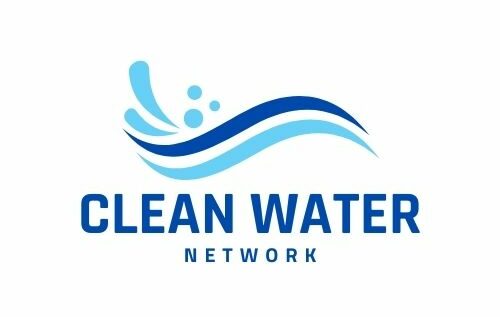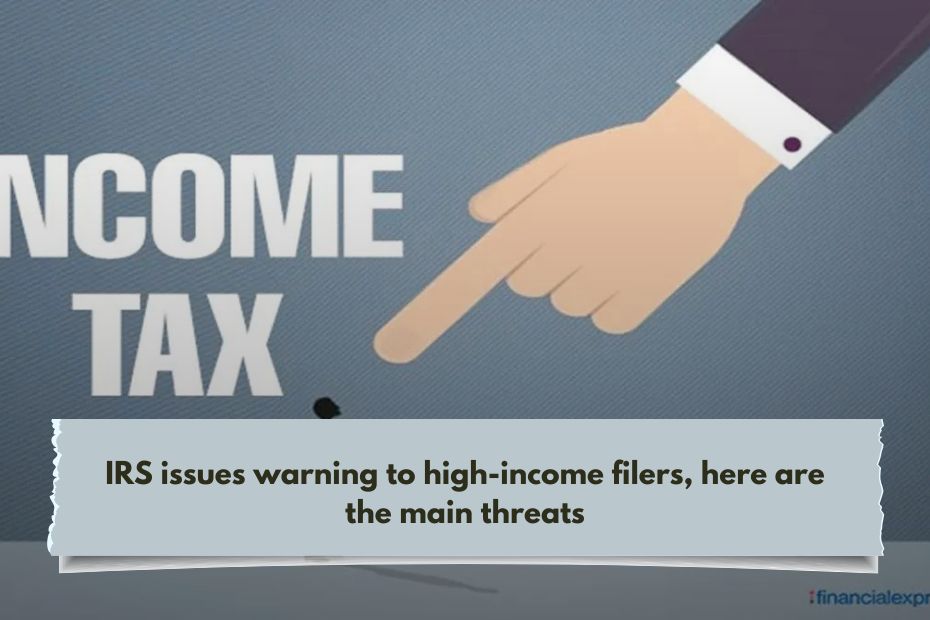The IRS has recently warned high-income filers about a growing scam related to charitable contributions. Scammers are promoting fake schemes that can get taxpayers into serious trouble if they’re not careful. Here’s everything you need to know to stay informed and avoid falling victim to these scams.
IRS Warning to High-Income Filers
The Internal Revenue Service (IRS) is cautioning taxpayers about fraudulent tax schemes disguised as “charitable contributions.” These scams often target high-income filers with promises of reducing their tax liabilities through fake donations.
One common tactic involves promoting “Charitable LLCs”—fraudulent organizations claiming to accept donations of ownership interests in closely held businesses. However, the IRS has labeled these transactions as abusive schemes that are illegal.
High-income taxpayers must ensure the accuracy of all information on their tax returns. Filing incorrect or fraudulent data can result in severe consequences, even if the misinformation comes from a scam.
Consequences of Participating in Abusive Schemes
If you participate in a fraudulent tax scheme, you may face serious penalties. Here’s what could happen:
- Correct Tax Assessment: You’ll still owe the correct amount of taxes.
- Interest and Penalties: The IRS will add interest and fines on top of what you owe.
- Fines and Imprisonment: Severe cases can lead to legal action, including imprisonment.
Additionally, charities themselves need to be cautious. Some scammers manipulate charitable organizations, often maintaining control over donations to make their schemes appear legitimate.
Key Information at a Glance
| Details | Key Points |
|---|---|
| IRS Announcement | IRS warns about rising scams targeting high-income filers using fraudulent charitable contribution schemes. |
| Scam Type | Promoters of “Charitable LLCs” involving ownership interests in closely held businesses. |
| Penalties | Correct tax assessment, interest, penalties, fines, or even imprisonment for participating |
What Taxpayers Need to Know
The IRS reminds taxpayers that legitimate donations can be properly deducted, including donations of closely held business interests. However, creating fake entities or LLCs to claim deductions is illegal.
If you’re ever unsure about a charitable deduction or tax-related advice, consult a qualified professional or the IRS for clarification. Be vigilant about suspicious offers, as abusive transactions are always investigated.
FAQ’s
What are “Charitable LLCs”?
These are fraudulent entities promoted by scammers to claim false charitable deductions.
What happens if I participate in an abusive scheme?
You may face penalties, interest, and fines. In severe cases, you could be imprisoned.
How can I ensure my donations are legitimate?
Always verify the organization’s legitimacy through official channels like the IRS or consult a tax professional.

